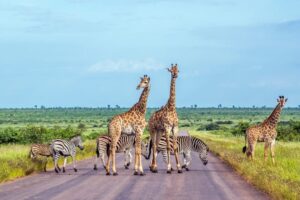Sri Lanka
The island of Sri Lanka, south of India in the Indian Ocean, is a diverse landscape of rainforest, desert, highlands and beaches. The ancient capital, Anuradhapura, has Buddhist ruins over 2,000 years old. Relics, temples and religious sites abound on this balmy and beautiful island. Sri Lanka’s monasteries and temples are still important places of pilgrimage and devotion. The island as a whole is also innately spiritual, with festivals and religious celebrations bringing visitors throughout the year.
Make an online bookingTravel Health Information
Highly recommended
vaccinations for travelling here
Advisory
vaccinations for travelling here
If you’re visiting Sri Lanka, you need to be aware of the potential health risks. You can take steps to prepare yourself by ensuring you have the relevant vaccinations, but there are some diseases present that you will not be able to vaccinate against. Because of this, it is important to avoid being bitten by mosquitos and other insects where possible.
Sri Lanka can be affected by severe weather conditions such as monsoon rains and tropical storms. Check the local weather conditions for your specific destination before your trip, and during your stay to make sure you’re dressed appropriately and don’t take any unnecessary risks.
As with anywhere in the world in the current climate, be aware of the potential for violence, crime and other problematic situations. Sri Lanka is generally considered a safe place to travel. However, incidents do occur so you should be vigilant at all times.
Standards of healthcare facilities vary throughout Sri Lanka. Although, it’s worth noting that there are some clinics in Colombo which are targetted towards Sri Lankan tourists, and the quality of care here is better than in more remote areas. Wherever you plan to travel, make sure you have arranged adequate travel insurance for yourself and your belongings, which covers the specific activities you plan to undertake, such as extreme sports.
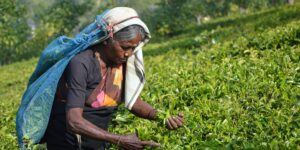
Your nearest CityDoc clinic
Find a clinic
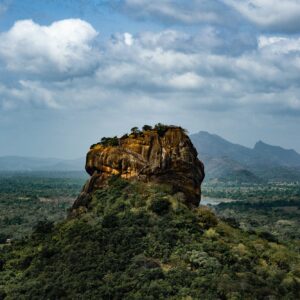
Destination Information for Sri Lanka
There’s plenty for tourists to see and do in Sri Lanka, including sporting activities like kite surfing and diving. Visit Bentota beach on the Southwest coast to observe sea turtle hatcheries. Whale and dolphin watching in the Indian Ocean is an opportunity most tourists won’t want to miss. One of the best aspects of Sri Lanka being a relatively small island nation is that distances between sites and attractions are short, meaning you should be able to fit lots into your stay.
The rainy season in Sri Lanka depends on where on the island you are based. The North-East monsoon season is October to January, and the South-West monsoon season is May to July. The climate throughout the country varies quite dramatically, being much cooler in the hills of central Sri Lanka and warmer and drier in the Southern province.
To ensure you stay safe from diseases in Sri Lanka, get the right travel vaccinations before setting off. All visitors are advised to make sure they are up to date with diphtheria, tetanus and polio vaccination. Rabies, Hepatitis A and B, and Japanese encephalitis may also be a risk factor and vaccinations are often recommended so book an appoint at one of our clinics to make sure you’re protected.
Infections and Outbreaks frequently change from country to country and by attending our clinics you will be given the most up to date clinical and safety advice from our team of specialists. Our advice to you often includes aspects such as:
- Food and water hygiene
- Insect and animal bite avoidances
- Personal safety
- Sexually transmitted infections
- Sun protection
- Altitude sickness
Travel news
Helpful travel news, tips and advice for travelling around the world

Water Hygiene While Travelling: What You Need to Know
Get the facts straight: Common myths about water hygiene while travelling debunked here.
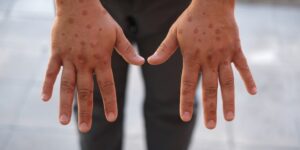
Mpox- How dangerous is it?
With the recent WHO announcement regarding the outbreak of Mpox in Africa there has been a concern of its transmission to other countries.
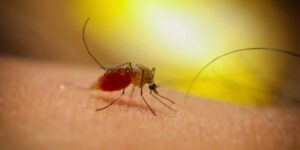
Pregnancy and Malaria
A malaria infection can cause complications during the pregnancy to mother and the baby.
For the latest government travel advice
For anyone planning to travel abroad we recommend visiting the following government website for all the latest travel guidance and advice.
Travel health enquiries
For all travel health enquiries, simply contact us below.
